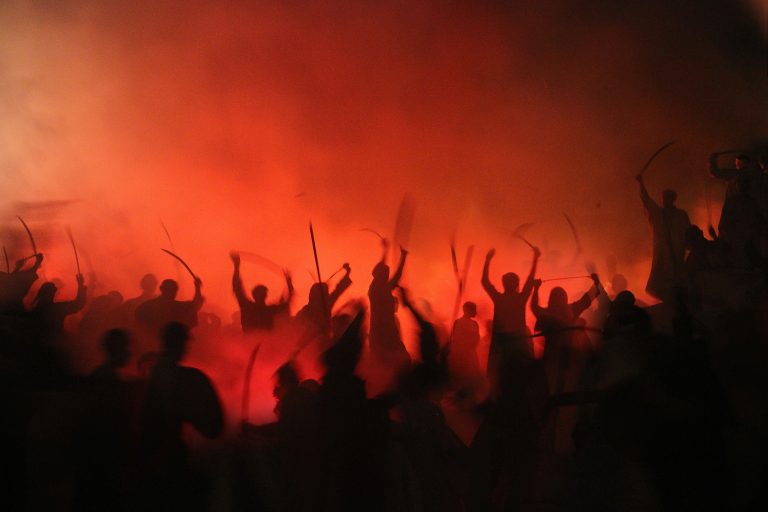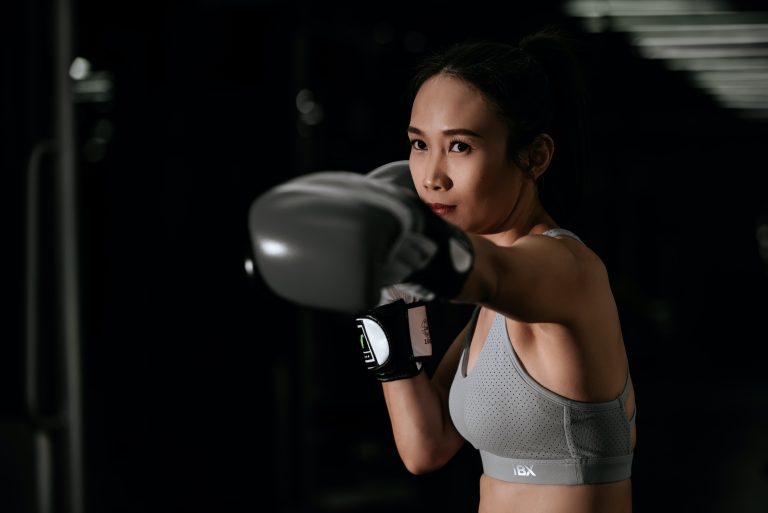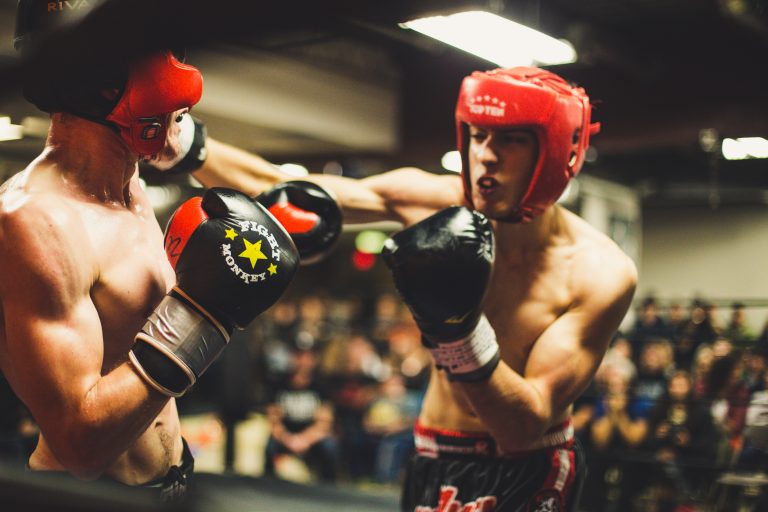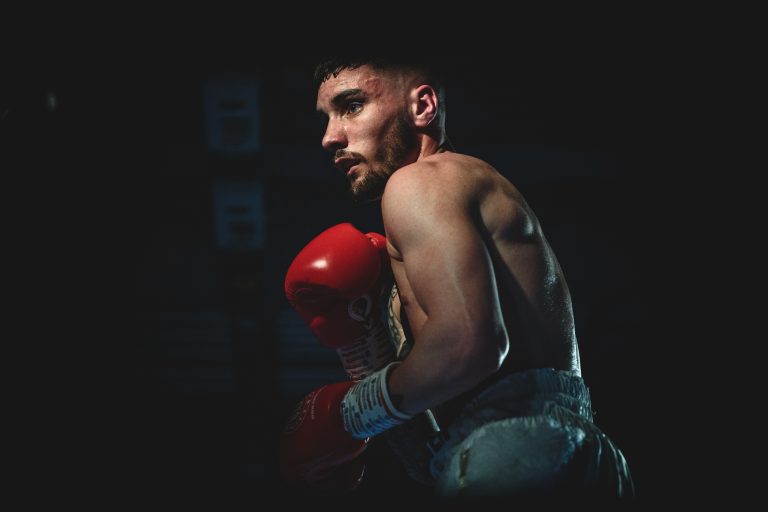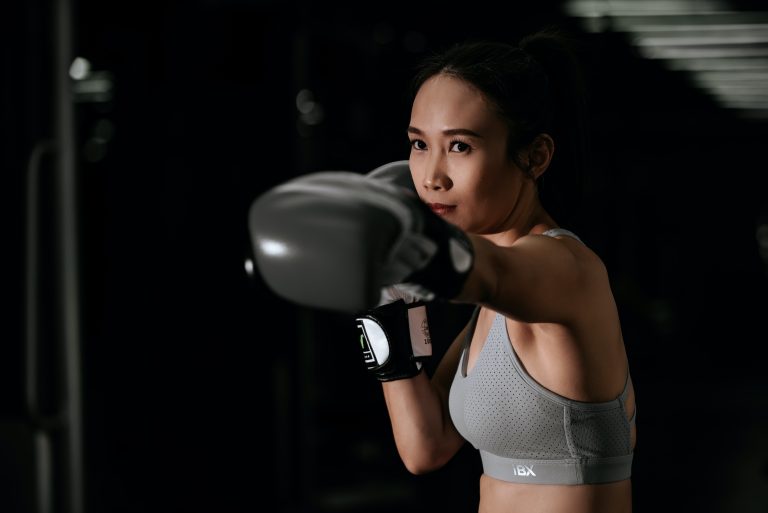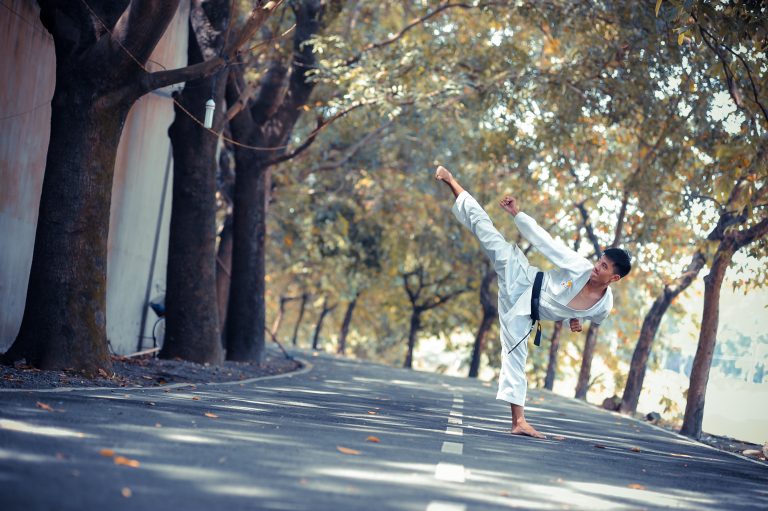What Do You Call a Karate Instructor?
Karate is a popular martial art that has been practiced all over the world for many years. It is known for its effective self-defense techniques and its focus on discipline and respect. Many people who are interested in karate may wonder what to call their instructor, as there are several different terms used in the different styles of karate. In this post, we will discuss the various names used for karate instructors and their meanings.
Sensei
The most common term used for a karate instructor is „sensei“. This title is used in Japanese martial arts and is translated as „teacher“ or „instructor“. The term is often used outside of the dojo (training hall) as a sign of respect for someone who has achieved a high level of skill and knowledge in their field. In karate, it is customary to address your instructor as „sensei“ both inside and outside of the dojo.
Sifu
The term „sifu“ is used in Chinese martial arts, such as kung fu. It is similar in meaning to „sensei“, and is also translated as „teacher“ or „master“. In some schools of karate, particularly those that incorporate elements of Chinese martial arts, the term „sifu“ may be used in place of „sensei“.
Shihan
Another term used for a karate instructor is „shihan“. This title is used in Japanese martial arts and is translated as „master instructor“. It is typically used to refer to someone who has achieved a high level of skill and experience in their martial art, and has also developed their own unique teaching style. Shihan is a term of great respect and is often reserved for only the most accomplished instructors.
Renshi
The title „renshi“ is used in Japanese martial arts and is translated as „polished instructor“. It is typically used to refer to an instructor who has achieved a high level of technical skill and teaching ability, but may not have the same level of experience as a shihan. The title of renshi is often used as a stepping stone to becoming a shihan.
Kyoshi
„Kyoshi“ is another title used in Japanese martial arts, and is translated as „teacher of teachers“. It is typically used to refer to someone who has achieved a high level of technical skill and teaching ability, and has also trained other instructors. Kyoshi is a very prestigious title and is reserved for only the most highly respected and skilled instructors.
Hanshi
The highest title that can be achieved in Japanese martial arts is „hanshi“. This title is translated as „exemplary master instructor“ and is typically used to refer to someone who has reached the pinnacle of their martial arts training. Hanshi is a term of great respect and is only used for individuals who have made a significant contribution to the development and promotion of the martial arts.
What Do You Call a Karate Instructor?
Introduction
Karate is a martial art that has gained popularity all around the world. It’s not just a physical activity, but it’s a way of life. Being a martial artist is a noble profession that many people consider joining. If you’re interested in learning Karate, you might want to know what to call a Karate instructor. In this blog post, we’ll go through the most frequently asked questions about Karate instructors and provide you with accurate answers.
What is a Karate Instructor?
A Karate instructor is a person who teaches Karate to students. They are responsible for imparting knowledge about the art of Karate to their students, ensuring that they learn the proper techniques and etiquette. Karate instructors are trained professionals who have undergone years of rigorous training, and they hold various degrees and certifications from recognized organizations.
What Do You Call a Karate Instructor?
A Karate instructor can be referred to as a Sensei, which is a Japanese term that translates to „teacher“ or „master.“ The title of Sensei is an honorific title that denotes respect for the person who has attained a level of mastery in Karate. It is customary to address a Karate instructor as Sensei in a Karate class or dojo.
How Do You Address a Karate Instructor?
When addressing a Karate instructor, it is best to use the title of Sensei followed by their last name. For example, if the Karate instructor’s name is John Smith, you would address him as „Sensei Smith.“ This shows respect and acknowledges the instructor’s level of mastery in Karate.
What Are the Different Ranks of Karate Instructors?
Karate instructors are ranked based on their level of mastery in the art of Karate. The ranking system is denoted by colored belts, and each belt signifies a certain level of skill and knowledge. The ranks are as follows:
– White Belt (Beginner)
– Yellow Belt (Intermediate)
– Orange Belt (Intermediate)
– Green Belt (Intermediate)
– Blue Belt (Advanced)
– Brown Belt (Advanced)
– Black Belt (Master)
An instructor’s rank is denoted by the color of their belt. For example, a Karate instructor with a Black Belt is a Master and has achieved the highest level of mastery in Karate.
What Is the Role of a Karate Instructor?
A Karate instructor plays a crucial role in a student’s journey to mastering the art of Karate. They are responsible for teaching the proper techniques, forms, and etiquette of Karate. They also create training programs and help students set goals and achieve them. A Karate instructor is a mentor and a guide who helps students develop discipline, self-control, and respect for themselves and others.
What Do You Call a Karate Instructor?
Introduction
Karate is a Japanese martial art that involves punching, kicking, and striking techniques. It originated in Okinawa, Japan, and has become a popular form of self-defense and physical fitness all around the world. If you’re interested in learning karate, you’ll need to find a qualified instructor. But what do you call a karate instructor? In this post, we’ll explore the different titles used for karate instructors and what they mean.
Karate Instructor Titles
Karate instructors are known by different titles depending on their level of expertise, affiliation, and the type of karate they teach. Here are some of the most common titles you may come across:
Sensei
Sensei is a Japanese term that means „teacher“ or „instructor“. In traditional karate dojos, the title of Sensei is typically given to a black belt instructor who has several years of experience and has demonstrated excellent technical and teaching skills. A Sensei is respected and honored by their students and is seen as a mentor and a role model.
Sempai/Kohai
Sempai and Kohai are Japanese terms used to describe the senior/junior relationship in a traditional karate dojo. Sempai means „senior“ and refers to a student who has been training for longer than another. Kohai means „junior“ and refers to a student who has been training for a shorter period. While the titles are not specific to instructors or teachers, they are used in a dojo to indicate the hierarchy and to show respect to seniors.
Sifu
Sifu is a Chinese term that means „master“ or „teacher“. While it is not commonly used in traditional Okinawan karate, it is frequently used in Chinese martial arts, including Wing Chun and Kung Fu.
Renshi
Renshi is a Japanese term that means „polished instructor“. It is a title that is given to an experienced and skilled instructor who has achieved a high level of proficiency in their art. A Renshi title is typically awarded to a teacher who has reached the rank of 6th Dan or above.
Kyoshi
Kyoshi is a Japanese term that means „teacher of teachers“. It is a prestigious title that is usually given to senior instructors who have reached the rank of 7th Dan or higher. A Kyoshi is considered an expert in their art and is responsible for the training and development of other instructors.
Hanshi
Hanshi is a Japanese term that means „senior master“ or „model teacher“. It is the highest rank attainable in traditional karate and is usually given to a teacher who has reached the rank of 8th Dan or higher. A Hanshi is revered and respected as a true master of their art.
Conclusion
Karate instructors are known by different titles depending on their level of expertise, affiliation, and the type of karate they teach. These titles are not just honorifics but reflect the hard work, dedication, and skill of the instructors. If you’re looking for a karate instructor, understanding these titles can help you make an informed decision about who to train with. Remember, the most important thing is to find an instructor who is knowledgeable, experienced, and passionate about teaching karate.
Inhaltsverzeichnis

